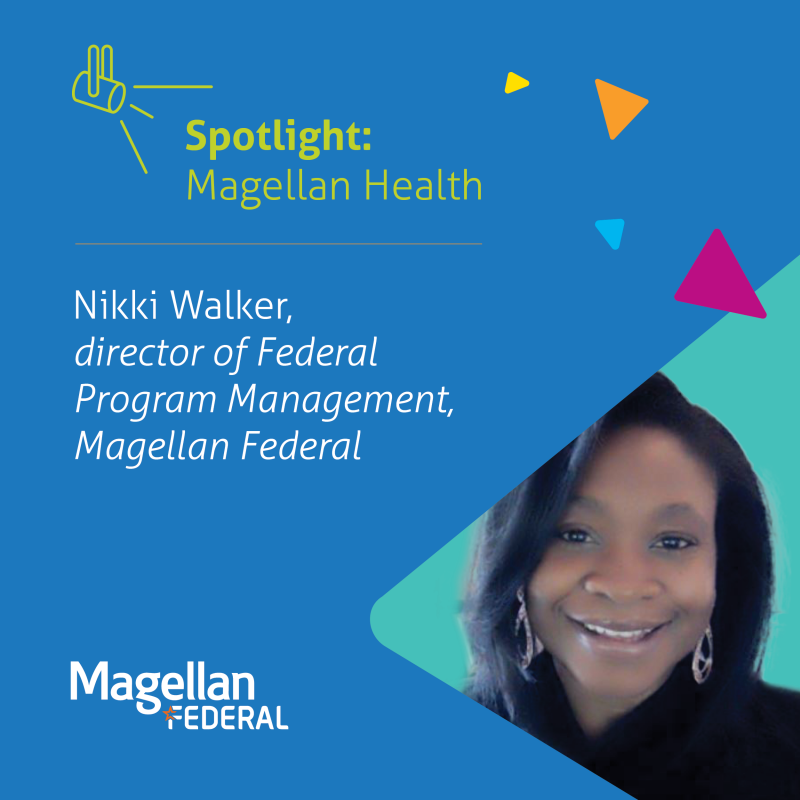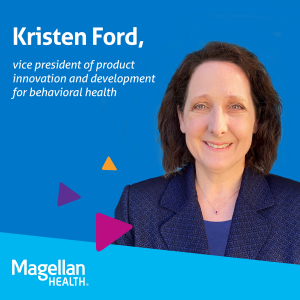Transforming Behavioral Healthcare: Magellan Healthcare’s Digital Cognitive Behavioral Therapy Programs
Although 21% of U.S. adults have a mental illness, access to behavioral healthcare remains out of reach for most. From 2008 to 2019, the number of adults with any mental illness increased nearly 30%. The pandemic further exacerbated mental health problems for adults and sparked an expanding youth mental health crisis. As the demand for behavioral healthcare continues to grow, Magellan Healthcare recognizes the need to increase access.
Increasing Access to Evidence-based Care
Magellan has collaborated with NeuroFlow, an award-winning behavioral health technology company, to increase access to our evidence-based digital cognitive behavioral therapy (DCBT) programs and enhance engagement. With a history of over 20 years of research and development and an endorsement from the Substance Abuse and Mental Health Services Administration (SAMHSA), Magellan’s DCBT programs are integral components of our Digital Emotional Wellbeing program, including FearFighter® for anxiety, panic and phobia and MoodCalmer for depression. Both programs, as well as RESTORE® for insomnia and other difficulties sleeping, are available online in Spanish, further increasing access to evidence-based programs.
Understanding Digital Cognitive Behavioral Therapy
Cognitive behavioral therapy (CBT) is a short-term intervention that behavioral health clinicians use to help individuals overcome negative thoughts and behaviors. CBT is effective for depression, anxiety disorders, alcohol and drug use problems, marital problems, eating disorders, and severe mental illness. CBT has been demonstrated to be as effective in certain conditions as other forms of therapy or psychiatric medications. Digital CBT (DCBT) is the implementation of CBT on a digital platform with the same core principles, language and exercises used in live practice that include:
- Learning to recognize thought distortions
- Evaluating distortions against reality
- Gaining a better understanding of others’ behavior and motivations
- Using problem-solving skills
- Developing a greater confidence in one’s own abilities
- Changing behavioral patterns
- Developing coping skills
True evidence-based DCBT follows the exact CBT process, differing from evidence-informed digital programs that use some CBT practices but are not built with fidelity to the intervention model. Learn more about evidence-based vs. evidence-informed behavioral health interventions here.
Impact of FearFighter and MoodCalmer on Mental Health
Our collaboration with NeuroFlow has yielded remarkable outcomes that underscore the power of innovative partnerships. In a recent study, members participating in the Digital Emotional Wellbeing program who completed 75% or more of FearFighter and MoodCalmer reported significant reductions in anxiety and depression symptoms within 90 days.
- FearFighter users experienced a 41% average reduction in Generalized Anxiety Disorder Assessment (GAD-7) scores, compared to other DCBT users who averaged an 11% reduction in GAD-7 scores.
- MoodCalmer users experienced a 24% average reduction in Patient Health Questionnaire (PHQ-9) scores, compared to an average 13% reduction among those who completed less of the program.
Beyond these impressive results, Magellan has seen a 124% increase in registrations after launching Digital Emotional Wellbeing over previous programs. Members also report high levels of satisfaction with the Digital Emotional Wellbeing program with 85% indicating they would recommend the program to someone else.
Visit Magellanhealthcare.com/digital-bh/ to learn more about the results and how our Digital Emotional Wellbeing program, including our award-winning DCBT programs improve anxiety, depression and more.
Sources:
- Exploring Barriers to Mental Health Care in the U.S. | AAMC
- What is Cognitive Behavioral Therapy? (apa.org)
- Satiani A, Niedermier J, Satiani B, Svendsen DP. Projected Workforce of Psychiatrists in the United States: A Population Analysis. Psychiatr Serv. 2018 Jun 1;69(6):710-713. doi: 10.1176/appi.ps.201700344. Epub 2018 Mar 15. PMID: 29540118.
FearFighter® and MoodCalmer are owned by CCBT Limited Corporation, United Kingdom. CCBT has granted Magellan exclusive rights to FearFighter® and MoodCalmer in the U.S.

